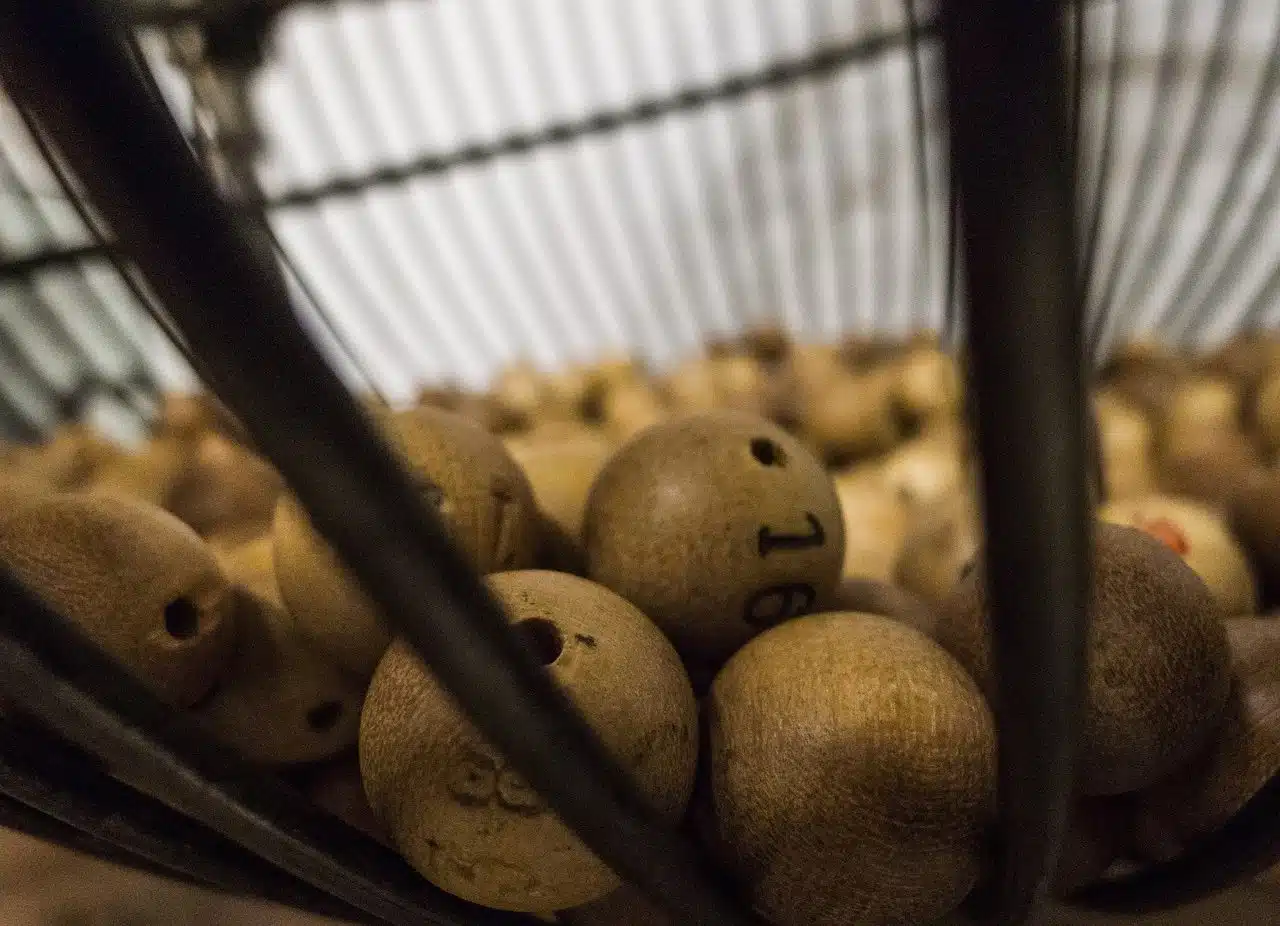
Someone lucky enjoys fortune.
Fortunate is a concept that comes from afortunar , a verb that used to be used in reference to causing a person to be happy or enjoy fortune. Lucky, in this way, is an adjective that qualifies someone who has favorable luck or someone who feels full and happy .
For example: "I'm lucky: I have a wonderful wife and three children who are the light of my eyes," "Have you really won the lottery?" How lucky! , "The doctor told Walter that he was very lucky not to have suffered serious injuries after the fall."
The etymology
To know the meaning of a term it is important to discover its etymological origin. In this case, we can determine that it is a word of Latin origin, which can be translated as "one who has received a lot of luck" and that it is formed by the sum of several components:
- The prefix ad- , which means "towards" .
- The noun fortune , which is synonymous with "luck" .
- The suffix -ado , which is used indicating that it is the one receiving the action.
Examples of lucky
The notion is usually used to describe the person who benefited from a game of chance . Suppose a man goes to the casino and wins thousands of dollars at roulette : his friends will say that he was very lucky. The same could be said about an individual who places a bet on a slot machine (also known as a slot machine ) and makes a significant profit.
When the term is linked to satisfaction , it is common for it to refer to someone who is satisfied with a situation or with their life in general. A woman who has a good job and receives a high salary can be said to be lucky, as is the young man who has the possibility of attending university to study and train.
Lucky, on the other hand, can be applied to what is pertinent, adequate, accurate or timely : "The truth is that it was a lucky comment, since it made me remember to pay the taxes before the trip," "According to the analysts, The governor's statements were not fortunate because they generated great uncertainty in the population .

Whoever has good luck is described as lucky.
Manuel I of Portugal
In addition to all of the above, we have to highlight the existence of a historical figure who received the term in question as a nickname . We are referring to Manuel I of Portugal (1469-1521), better known as "The Fortunate One" .
That nickname was given to him as a way to make it clear that he was fortunate that, during the time he occupied the Portuguese throne, he achieved great successes. Specifically, in those years the arrival in Brazil was achieved and also the discovery of what was the Atlantic route to the Indies , through the famous Cape of Good Hope .
This monarch has also gone down in history for being uncle, brother-in-law and father-in-law of King Charles I of Spain and V of Germany for these reasons:
- At first he was his uncle because he was married to two aunts of the aforementioned emperor, Isabel and then María .
- Later he became a brother-in-law because he married the monarch's sister, Leonor .
- Later he was father-in-law because he was the father of the Spanish king's wife, Isabel .
